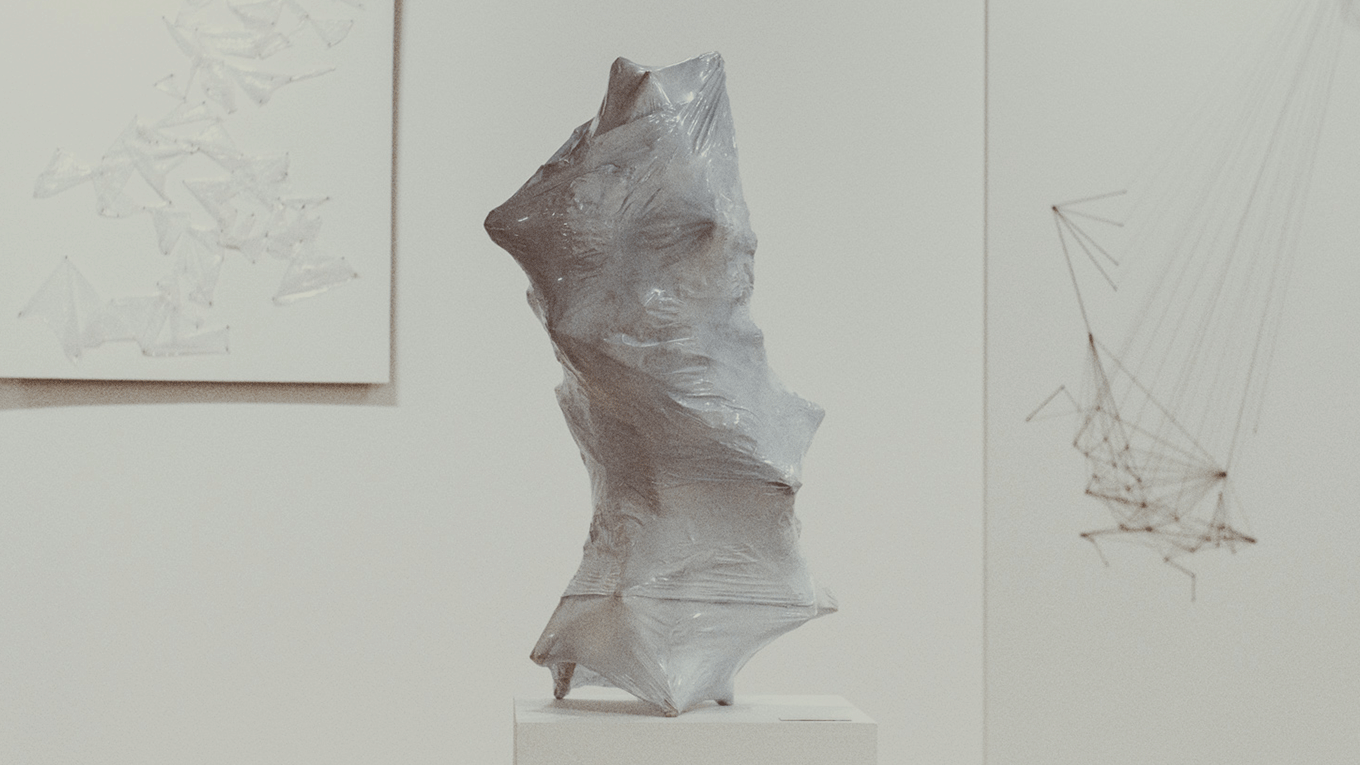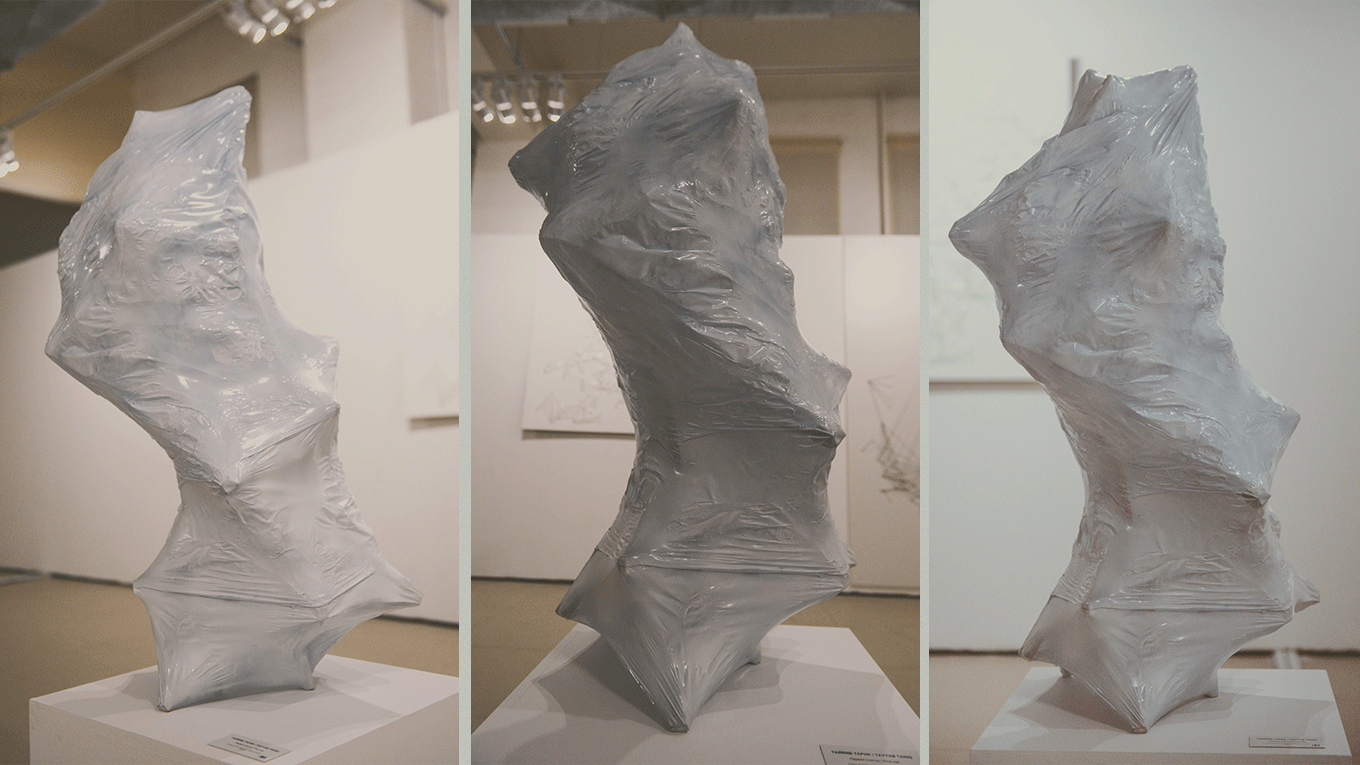

First Cell, Gallery-21, 2014
Moscow, Russia
The origin of the First Cell, often referred to as the “origin of life,” is a fascinating and complex topic in the fields of biology and chemistry. The prevailing scientific theory for the emergence of the first cell is called abiogenesis, which describes how life could arise naturally from non-living matter. Here’s a detailed explanation.
The first cell likely originated in water, where the conditions were suitable for the formation and interaction of organic molecules. Through a series of complex chemical and physical processes, simple organic molecules are self-assembled into protocells. These protocells eventually developed the necessary components for life, such as RNA, DNA, and proteins, leading to the emergence of true cells. This process marked the beginning of biological evolution and the diversity of life we observe today.
Related Artworks

The Puppet in Red & Gold, 2019
Lahore, Pakistan

Social Sculpture, 2019
Lahore, Pakistan

Social Puppet, Taseer Art Gallery, 2019
Lahore, Pakistan
Tayyab Tariq © 2024. All Rights Reserved
Privacy Policy / Terms of Use